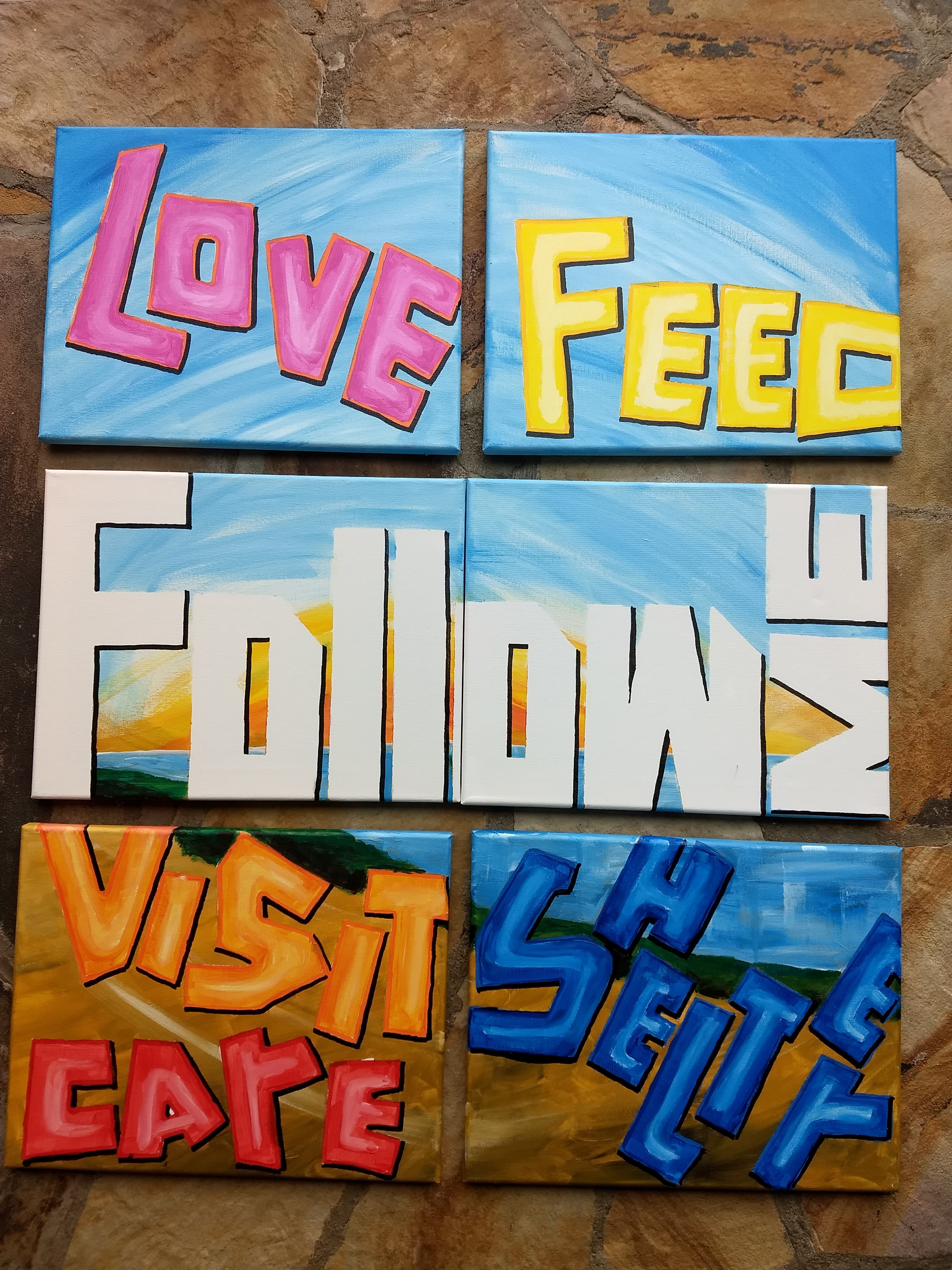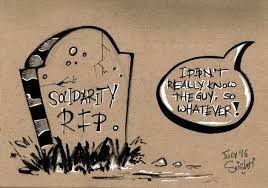The Eighth Sunday in Ordinary Time
“Why do you notice the splinter in your brother’s eye, but do not perceive the wooden beam in your own?” Lk. 6: 40
In her book, The Hiding Place, Corrie ten Boom tells the intense story of meeting, many years later, the Nazi guard who stood at the shower room door in the processing center at Ravensbruck, the German concentration camp where Corrie and her sister were imprisoned during World War II.
During the intervening years, she instantly recognized the guard at a church service.
Immediately she felt her heart pounding fiercely, her breathing become gasping, and, with her eyes averted, she told herself over and over:
“I cannot forgive him. I cannot forgive him. He is a ghastly, hideous person.”
Then she found herself praying: “Jesus, Give me Your forgiveness.”
In The Hiding Place, she wrote that “Fortunately, we are not left alone in our becoming. God in Christ offers to help us, to enable us to say what we cannot say and do what we cannot do, to be and become what we cannot become by ourselves.”
Jesus has a way of turning the world on its head!
How else can you explain an expectation of blessing those who curse you, or turning the other cheek when wronged? These are no small tasks.
Being a follower of Jesus is no small task. It comes with a cost.
As Martin Luther King once put it: “Freedom has always been an expensive thing.” It demands something of us. It demands that we become like the One we say we follow.
We forget sometimes that Jesus was fully human. He faced very real human temptations. He felt hunger. He felt sadness. He felt pain. As the Gospel of Luke puts it, he “grew in wisdom and stature”.
Jesus asked nothing of us he didn’t ask of himself.
So, how did Jesus do it? How did he find the strength and the wherewithal to put his words into action, words that were consistent with his actions?
Perhaps herein lies the secret for us to become more Christ-like ourselves.
Jesus did it by immediately following his baptism with intense prayer in the desert. He withdrew from all the busyness and the hecticness of everyday life to pray.
He made time with God the preeminent moral force in his life. And he did it again and again and again. In fact, it was through his life in prayer alone with Abba, his Father, that he underwent a radical revolution of values.
Jesus is calling each of us to that same life of prayer.
He is calling each of us to take time out on the field, if you will, on a consistent basis, so that we can re-fill our God space, and re-energize our Spirit life.
Through this re-purposing we will then be given the ability to be able to do what, on our own, we can’t do: become thoroughly grounded in the Spirit like the One we say we follow was, able to forgive like Corrie ten Boom did, and grounded in a radical change of values in our lives that is perhaps best named by the great prophet Isaiah that Jesus loved to quote and modeled his human life after:
“If you remove the yoke from among you, the pointing of the finger, the speaking of evil, if you offer your food to the hungry and satisfy the needs of the afflicted, then your light shall rise in the darkness and your gloom be like the noonday. The Lord will guide you continually, and satisfy your needs in parched places, and make your bones strong, and you shall be like a watered garden, like a spring of water, whose waters never fail. Your ancient ruins shall be rebuilt, you shall raise up the foundations of many generations, you shall be called the repairer of the breach, the restorer of streets to live in.” (Isaiah 58)
Through his life of constant prayer, Jesus put it this way:
“The Spirit of the Lord is upon me, because he has anointed me to bring good news to the poor. He has sent me to proclaim release to the captive and recovery of sight to the blind, to let the oppressed go free, to proclaim the year of the Lord’s favor.”
Ted Wolgamot, Psy.D.







